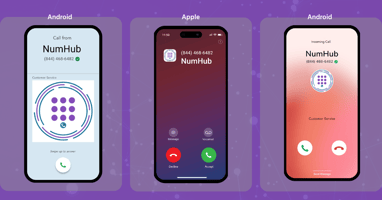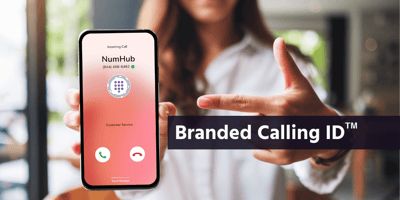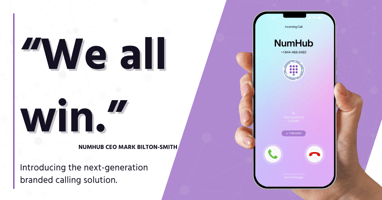Industry Adoption & FCC Mandates
FCC Orders Blocking of All Traffic from 185 Companies Removed from Robocall Mitigation Database
On August 6, 2025, the FCC announced the removal of 185 Companies from the Robocall Mitigation Database Due to non-compliant certifications. As a result, these 185 companies will be prevented from connecting to U.S. networks until they meet compliance regulations. The FCC also cited these companies as "apparently participating in illegal robocall campaigns" in violation of Commission rules. (source)
The Importance of the Robocall Mitigation Database
The Robocall Mitigation Database is part of the FCC's continued implementation of the STIR/SHAKEN framework to authenticate calls and mitigate fraud. Through the database, service providers report their efforts surrounding STIR/SHAKEN implementation and/or to fight illegal robocalls on their networks. Service providers that don't implement caller ID authentication throughout their networks must prove that they are implementing robocall mitigation practices. This includes detailing the steps they are taking to prevent the origination of illegal robocall traffic on their networks. Overall, filing in the Robocall Mitigation Database ensures a provider's taking reasonable actions towards effective robocall mitigation.
What the FCC's Enforcement of the Robocall Mitigation Database Means for the Fight Against Fraud
The FCC has previously indicated expectations for the growth of solutions that prioritize security and end-to-end authentication and verification, citing the failings of CNAM to successfully mitigate fraud. Yesterday's action further supports these long-term expectations, showing steady progression in STIR/SHAKEN's implementation along with other effective robocall mitigation efforts while highlighting the need for further protection.
Chairman Brendan Carr issued the following statement:
“The FCC is engaged in a comprehensive effort to combat the scourge of illegal robocalls. That includes preventing providers from connecting to our networks if they fail to meet their regulatory obligations. The FCC expects every provider to do its part to protect Americans from these scammers.” (source)
As the FCC continues to focus on combating the surplus of spam and robocalls in voice communications, the expectation for providers to secure reliable end-to-end authentication and verification of calls becomes higher. When considered together, this enforcement action and the recent expanded mandate for STIR/SHAKEN participation (see our summary of the FCC Eighth Report and Order) further indicate that branded calling solutions will be essential for restoring consumer trust.
Branded Calling ID™ Will Become the Industry Standard
Currently, many branded calling solutions on the market rely on outdated CNAM databases or proprietary out-of-band branding. Unlike these solutions, Branded Calling ID™ (BCID) leverages FCC mandated STIR/SHAKEN standards, ensuring cryptographically signed, in-call authentication that competitors can’t provide.
BCID empowers customers with an industry-adopted secure, governed, and scalable solution for delivering calls displaying identifying information (name, number, and call reason) and RCD logo on consumer handsets, no app needed. As carriers face increasing enforcement pressure, there is a good indication that BCID will become the industry standard.



